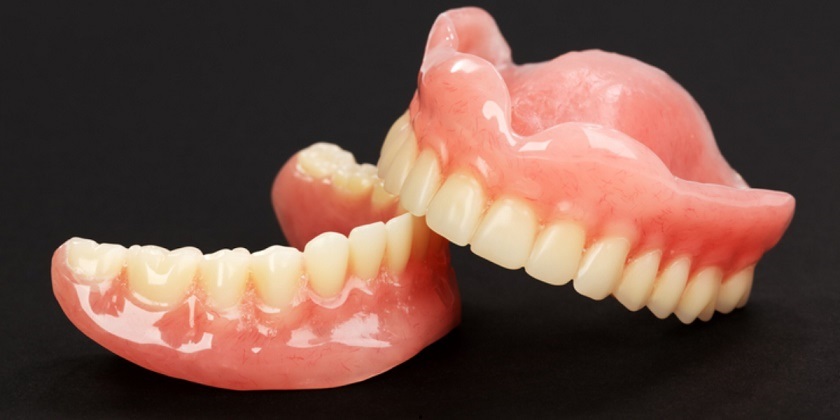- Home
- Preparation For Denture

Teeth extractions for dentures are relatively common. Whether you are getting partial dentures or full dentures, you will need to have multiple teeth removed. Here are some things to keep in mind.
Bleeding
You can expect a small amount of bleeding following the operation. If you are getting conventional dentures, you can control bleeding by biting on a moistened gauze pad placed directly over the bleeding sockets for 30 to 60 minutes. If bleeding continues, apply firm direct pressure with moistened tea bags for 30 to 60 minutes. Tea has tannic acid which is an astringent. The direct pressure and tannic acid help to form a clot by constricting the blood vessels. If you have had an immediate denture placed, keep bite pressure on the denture for 30-60 minutes to help stop the bleeding. However, some oozing from around the edges of the denture is expected to persist for several hours, but should eventually stop on its own. If bleeding occurs, avoid hot liquids, exercise, and elevate the head. If bleeding persists, call our office immediately. Do not remove the immediate denture unless the bleeding is severe.
Diet
After general anesthetic or I.V. sedation, you should keep to a liquid diet initially. Do not use straws. Drink from a glass. The sucking motion with use of a straw can cause more bleeding by dislodging the blood clot. You should not chew on the day of surgery. High calorie, high protein intake is very important. Examples of acceptable foods include: any beverages, soups without solids which require chewing to swallow, Jello, pudding, apple sauce, ice cream, yogurt, eggs, milkshakes, protein shakes, etc. Nourishment should be taken regularly. You can prevent dehydration by drinking milk, juice or other liquids regularly. Your food intake will be limited for the first few days, so you should compensate for this by increasing your fluid intake to at least 5-6 glasses of liquids daily.
After the day of surgery, you may eat anything soft. Try not to miss a single meal. You will feel better, have more strength, less discomfort and heal faster if you continue to eat. Due to jaw soreness and stiffness, chewing may be difficult for up to 7-10 days following surgery. Limit chewing to those foods where it does not cause discomfort.
Keep your mouth clean
Do not rinse until the day following surgery, whether you have an immediate denture or are getting conventional dentures. Leave the immediate denture in place the night of the surgery as it will act as a band-aid over the wounds. You should see your dentist within 72 hours of the surgery for evaluation and adjustment of the fit of the dentures. If you are scheduled to see your dentist the day after the surgery, leave the denture in place until the appointment and let the dentist remove the denture for the first time. If not, the morning after surgery you should remove the denture and rinse gently at least 4-5 times a day, especially after each meal with a cup of warm water mixed with a teaspoon of salt. Do not leave the denture out of your mouth for more than a few minutes as the gum tissues may swell and inhibit reinsertion of the dentures. Beginning on the second night after surgery the dentures should be left out of the mouth overnight each night.
Finally
The removal of multiple teeth at one time is quite different than the extraction of one or two teeth. Because the bone must be shaped and smoothed prior to the insertion of a denture, the following conditions may occur, all of which are considered normal:
- The area operated on may swell reaching a maximum in 2-3 days. Swelling and discoloration around the eyes, face or neck may occur. The application of a moist warm towel will help eliminate the discoloration quicker. The towel should be applied continuously for as long as tolerable beginning 36 hours after surgery (remember ice packs are used for the first 36 hours only).
- You may develop a sore throat. Your throat muscles are near the extraction sites and swelling into the throat muscles can cause pain. This is normal and should subside in 2-3 days.
- If the corners of your mouth are stretched, they may dry out and crack. Your lips should be kept moist with an ointment like Vaseline. There may be a slight elevation of temperature for 24-48 hours. If temperature continues, notify our office.
- If immediate dentures have been inserted, sore spots may develop. In most cases, your dentist will see you within 24-48 hours after surgery and make the necessary adjustments to relieve those sore spots. Failure to do so may result in severe denture sores, which may prolong the healing process.


